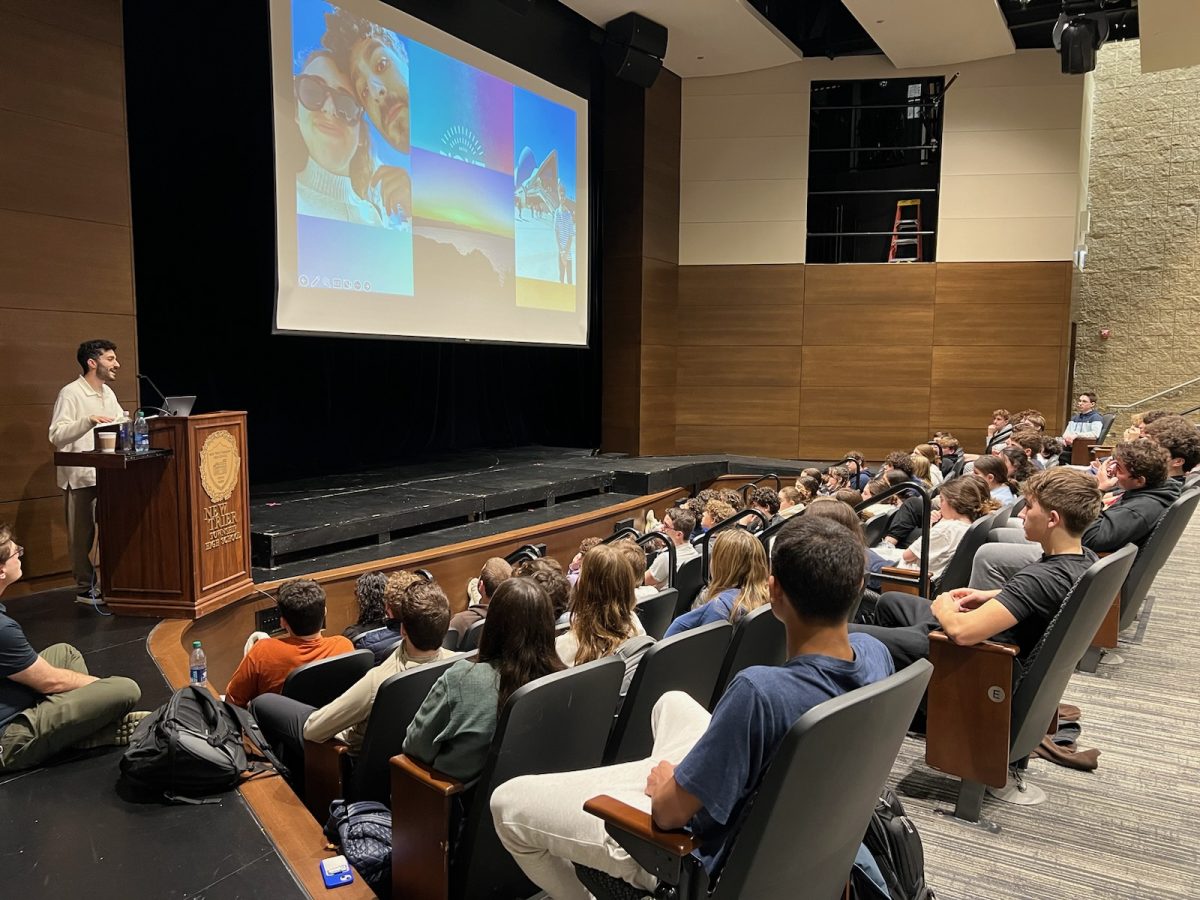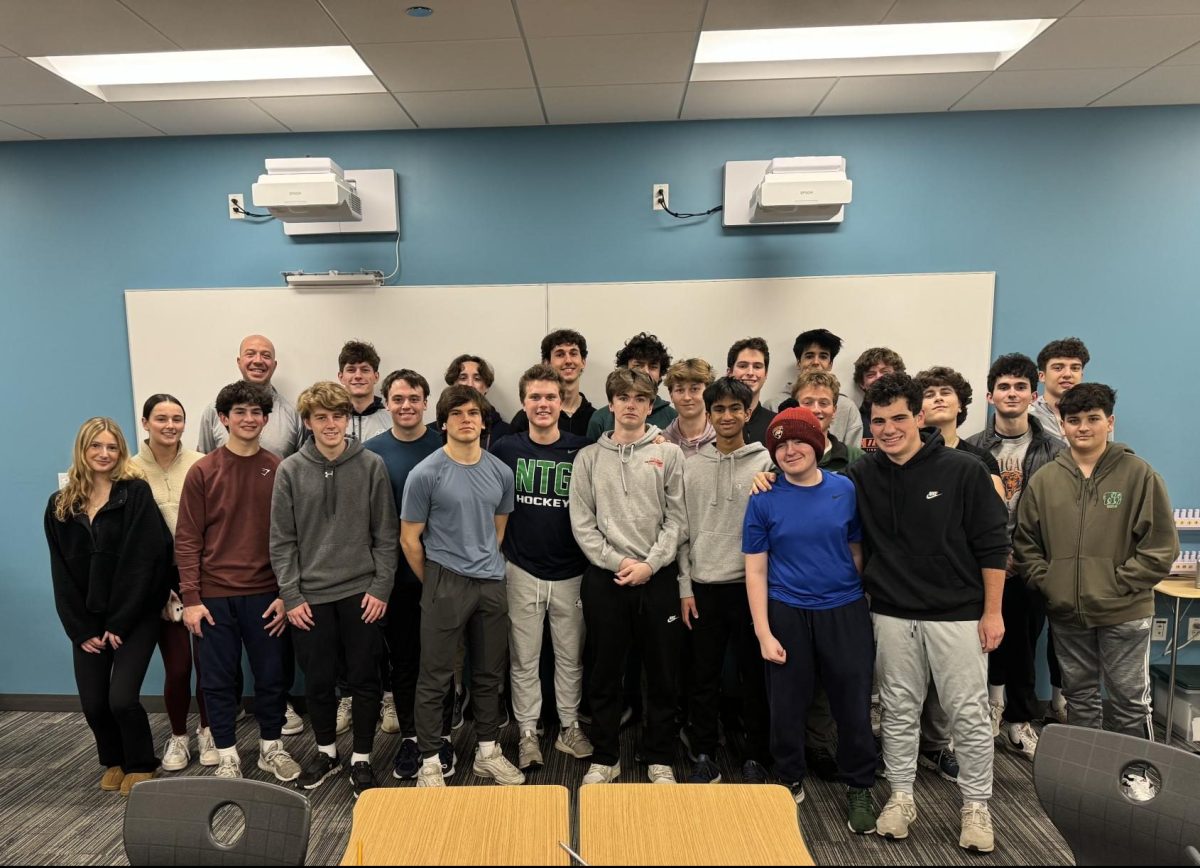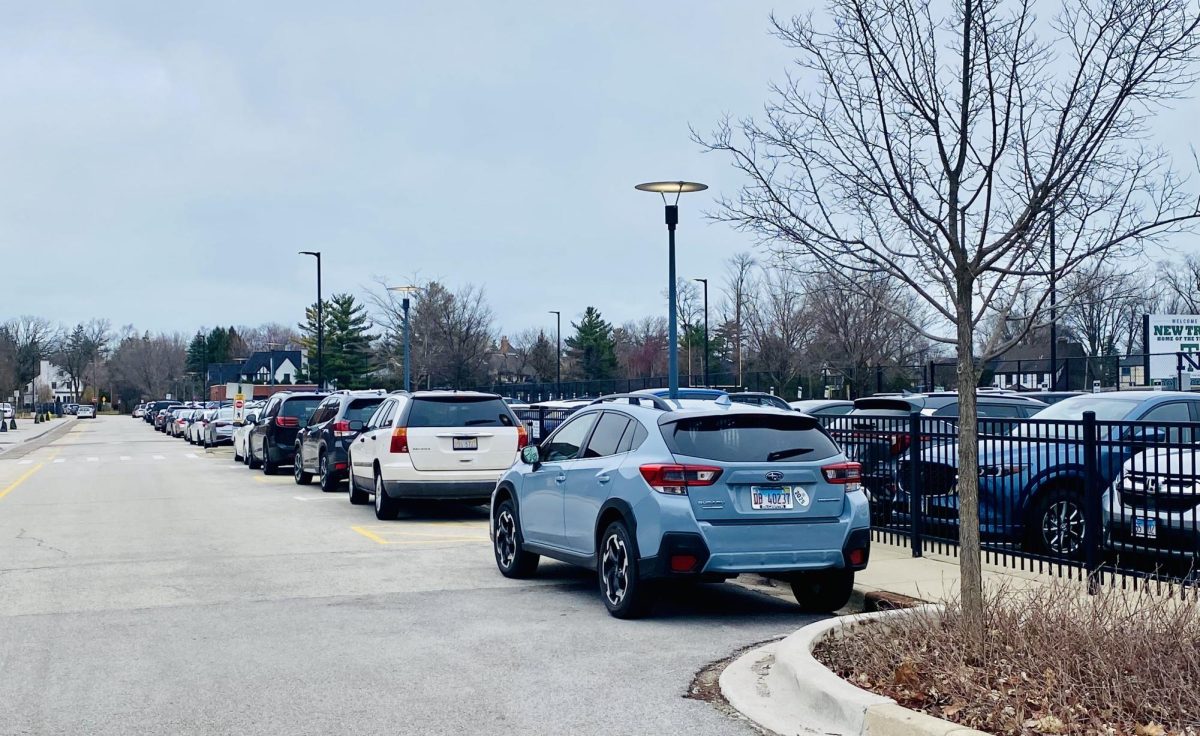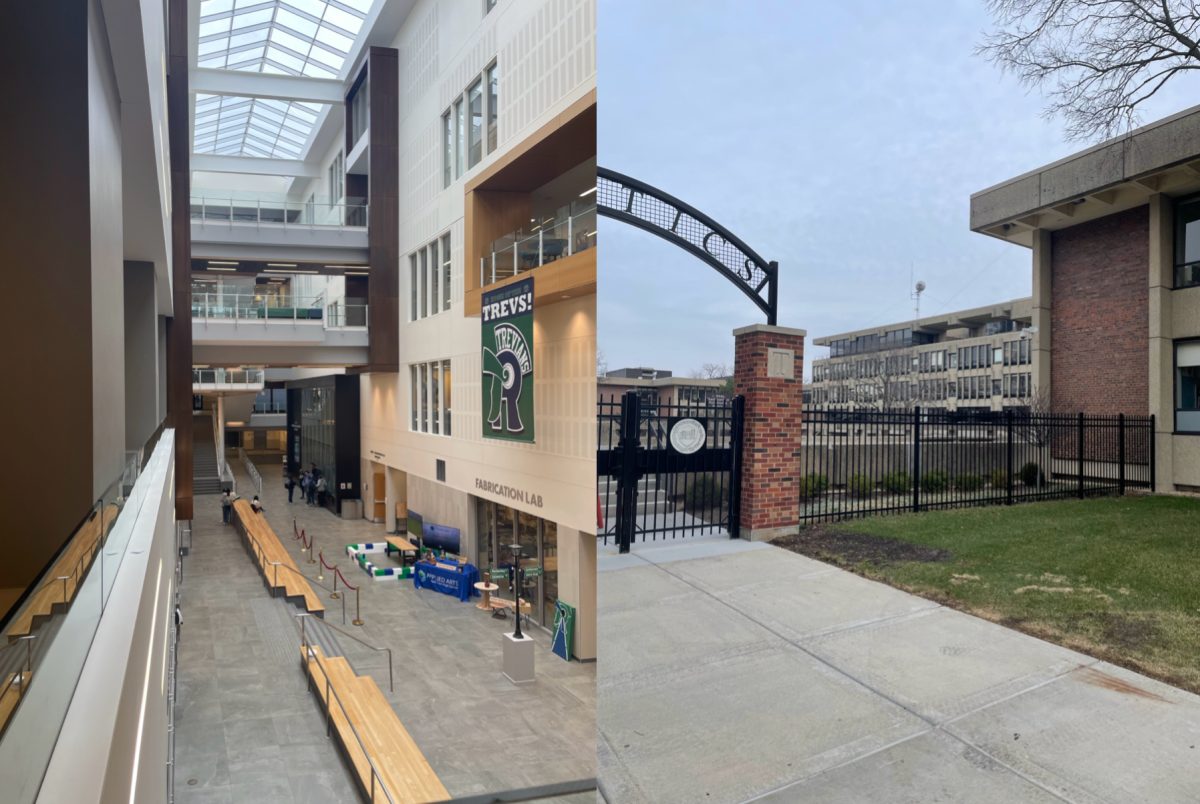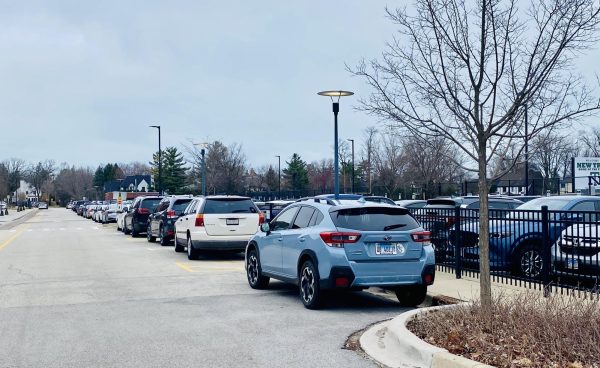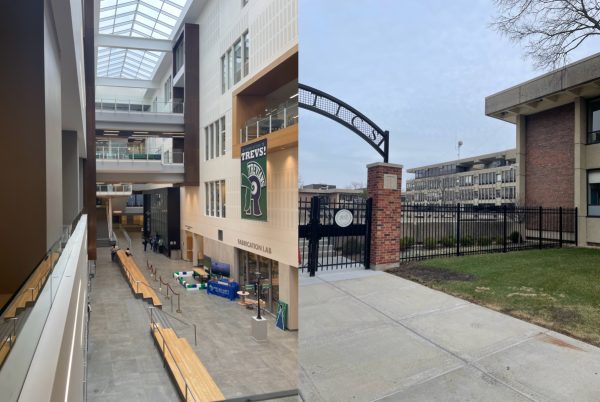FBiOS: coming soon to an iPhone near you
February 26, 2016
When you walk through the halls, it’s rare to not see someone with an iPhone in their hands or peeking out of their backpacks. Through the iPad program, every New Trier student has access to an iPad for their classes. Clearly, Apple is a big part of the New Trier learning experience, and the amount of personal information located on these devices is mind-boggling.
On Tuesday, Feb. 16, a federal judge in Los Angeles ordered Apple to give aid to FBI investigators in accessing the encrypted data on the iPhone 5c used by the San Bernardino shooters, Syed Farook and his wife, Tashfeen Malik.
Farouk and Malik killed 14 people in San Bernardino on Dec. 2. The FBI requested help in bypassing the security measure that disables an iPhone and renders it useless after the wrong passcode has been entered a certain number of times. While a warrant for the information on the data has been issued, investigators claim they have been unable to access the data encrypted on the iPhone. This data would give the FBI up-close and personal insight into the San Bernardino shooters, ranging from their address book to their camera roll.
The following day, Apple’s CEO, Tim Cook, released a letter to the public in response to the court order titled “A Message to our Customers,” which explained the company’s position on the court order and why it was refusing to voluntarily help the FBI.
Apple described the FBI’s request, saying that the FBI asked Apple to create a new version of the iPhone’s operating system, one without most of of the security features in a typical iPhone, and install it on the recovered iPhone 5c from the shooting.
Cook said: “The FBI may use different words to describe this tool, but make no mistake: building a version of iOS that bypasses security in this way would undeniably create a backdoor. And while the government may argue that its use would be limited to this case, there is no way to guarantee such control.”
Talk about Big Brother. Essentially, the government wants unlimited access to a terrorist’s iPhone and claims that its use will be limited to this one cellphone, but there’s no guarantee. Even inventing software like that bodes poorly for Apple, truly creating a backdoor into the millions of iPhones currently being used at this very moment.
Now imagine that this security program did exist. Any person who had the program downloaded and came into contact with a physical iPhone would have complete access to that iPhone. Calendar events, photos, iMessages and emails–you name it and they would have access to it. This is not Apple being stubborn and not wanting to help the government, this is Apple trying to protect national security. Why should access to one phone jeopardize the safety of millions of phones all over the world?
Instead of going through Congress in order to have access to the iPhone, the FBI is using the All Writs Act of 1789 to justify its request. While the founding fathers wrote some pretty important legislature that formats the government as we know it today, some acts don’t apply anymore, especially with the large amount of technology available today.
If this program to bypass most security measures was created, then the possibilities would be endless.
The government could electronically put in the passcode, access the phone’s location, intercept messages or potentially access the phone’s microphone and camera without knowledge of the user.
On Monday, Feb. 22, Pew Research Center released a study revealing that there was more support in the US for the Justice Department than Apple in unlocking the phone. 51 percent of American citizens responded that Apple should unlock the iPhone, while only 38 percent responded that the iPhone should not be unlocked. 11 percent had no opinion on the matter. While the public may be standing by the justice department and the FBI, it doesn’t deny the fact that unlocking the iPhone in that way would cause serious safety problems for Apple and its users.
Whether or not you’ve been following the security battle between Apple and the FBI, it might affect you very soon. If the FBI succeeds and has Apple create an alternative program that bypasses many of an iPhone’s security features, then your brand new rose gold iPhone 6s could be at risk. Even worse, if Apple is forced to create this alternative software, we might all have to switch to Androids.



